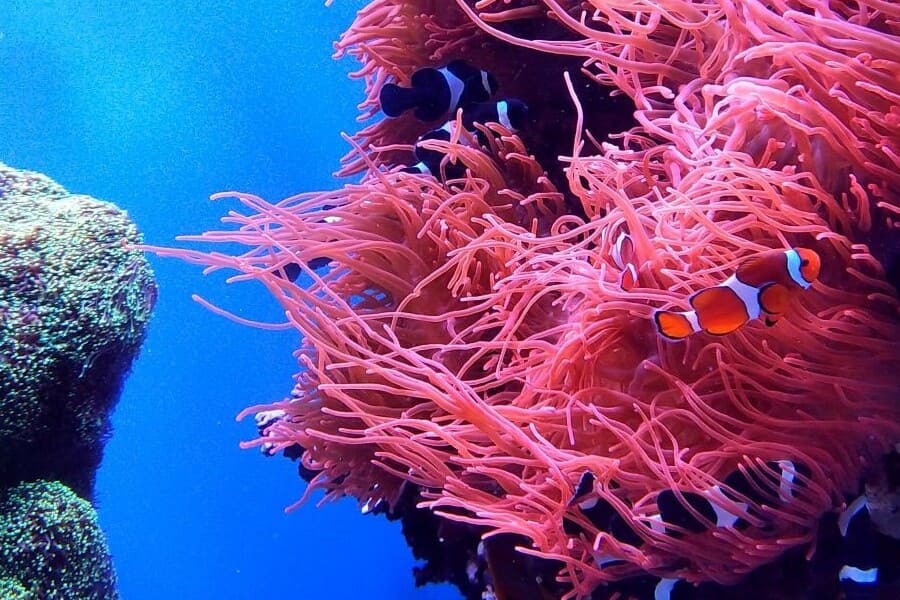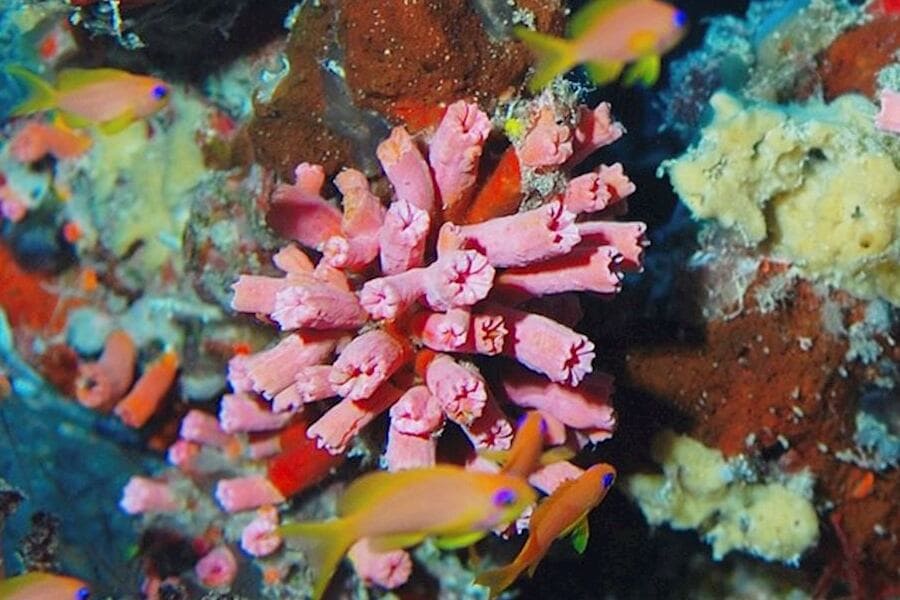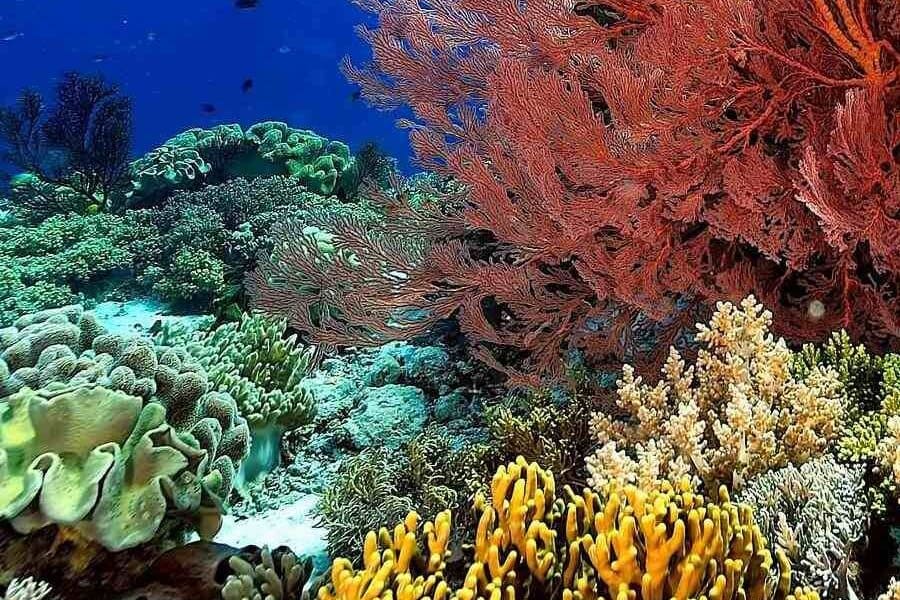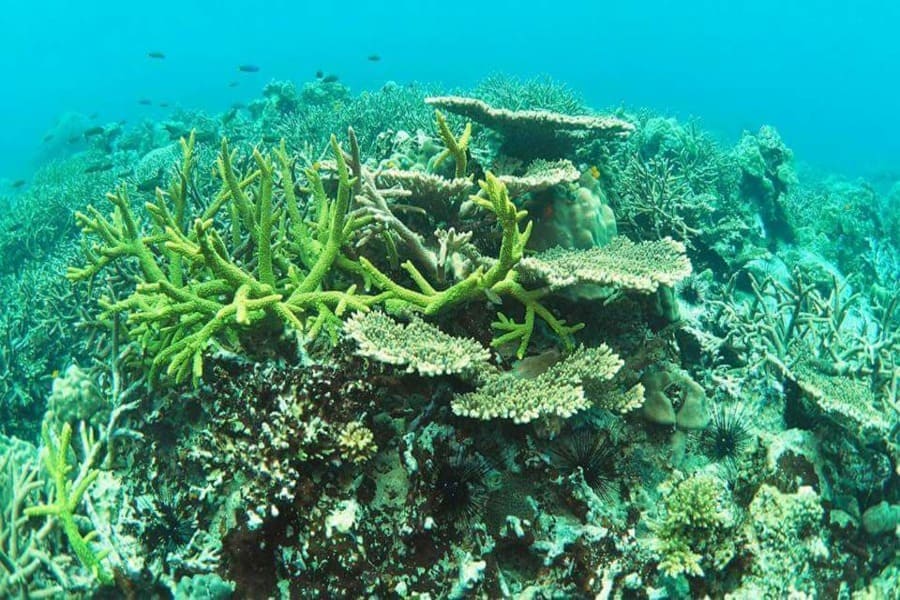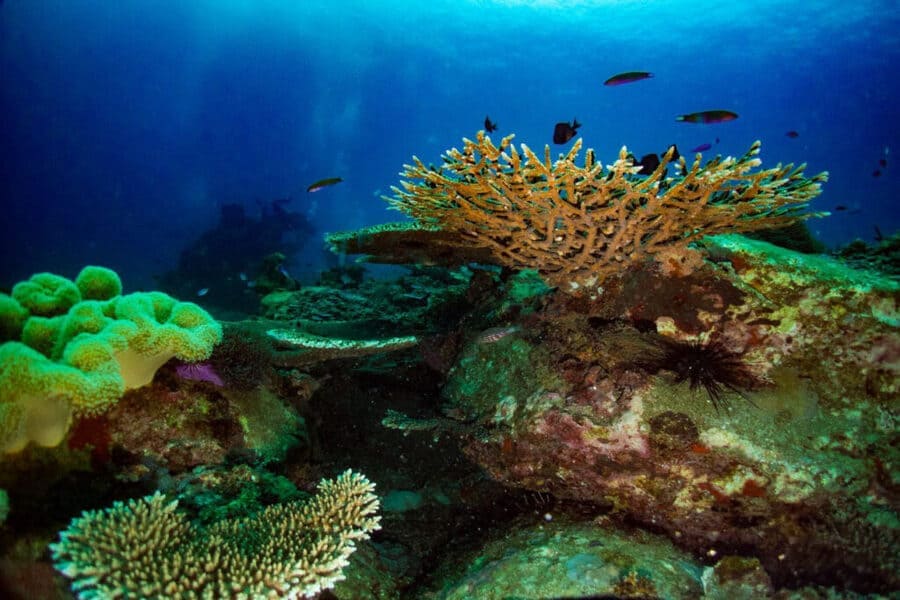Embarking on a cambodia trip unveils a world of natural wonders beneath the turquoise waters that hug its coastline. Amongst these treasures lie cambodia's coral reefs, vibrant ecosystems teeming with life and color. However, the future of these underwater marvels is at a critical juncture, threatened by a combination of human activities and environmental challenges.
Contents
Overview of Cambodia's coral reefs
Cambodia's coral reefs form a vital component of the country's marine ecosystems, contributing to biodiversity, coastal protection, and economic livelihoods. Stretching along the Gulf of Thailand in the southwestern region, Cambodia's coral reefs are part of the larger Indo-Pacific coral reef ecosystem, which is recognized as one of the most diverse and valuable marine habitats on Earth.
These coral reefs are characterized by their rich biodiversity, comprising a wide variety of coral species, fish, invertebrates, and other marine organisms. The reefs provide essential habitats for numerous marine species, including commercially important fish species, as well as serving as breeding grounds and nurseries for many marine animals.
Cambodia's coral reefs also play a crucial role in supporting local livelihoods and economies, particularly through fisheries and tourism. Fishing communities depend on coral reef ecosystems for sustenance and income, relying on them for food, employment, and cultural identity. Additionally, Cambodia's coastal tourism industry attracts visitors from around the world who come to explore the country's pristine beaches, crystal-clear waters, and vibrant underwater landscapes.
Main Challenges and Threats facing Cambodia's Coral Reefs
Cambodia's coral reefs face a myriad of challenges and threats that jeopardize their health, resilience, and long-term survival. These threats are primarily human-induced and include:
Overfishing:
Overfishing of reef fish species for food and trade can disrupt the balance of marine ecosystems, leading to declines in fish populations and altering the structure and function of coral reef habitats. Destructive fishing practices, such as blast fishing, cyanide fishing, and using illegal fishing gear, can cause extensive damage to coral reefs and associated marine life.
Destructive Fishing Practices:
Destructive fishing practices, such as blast fishing, cyanide fishing, and using illegal fishing gear, can cause extensive damage to coral reefs and associated marine life. These practices not only directly harm corals but also disrupt the delicate balance of reef ecosystems, leading to long-term degradation and loss of biodiversity.
Coastal Development:
Rapid coastal development, including the construction of resorts, hotels, ports, and infrastructure, can lead to habitat destruction, sedimentation, and pollution runoff into coastal waters. Land reclamation projects and dredging activities can smother coral reefs with sediment, while pollution from construction sites and urban areas can introduce harmful chemicals and pollutants into marine environments.
Pollution:
Pollution from land-based sources, such as agricultural runoff, sewage discharge, and industrial waste, can degrade water quality and harm coral reef ecosystems. Nutrient runoff from fertilizers and pesticides can fuel algal blooms, leading to coral smothering and reduced water clarity. Plastic pollution poses a significant threat to marine life, including corals, which can become entangled in or ingest plastic debris.
Climate Change:
Climate change poses one of the most significant threats to Cambodia's coral reefs, exacerbating existing stressors and leading to widespread coral bleaching, disease outbreaks, and mortality. Rising sea temperatures cause coral bleaching, a phenomenon where corals expel their symbiotic algae, resulting in loss of color and vital nutrients. Ocean acidification, caused by the absorption of carbon dioxide by seawater, can weaken coral skeletons and hinder coral growth and reproduction.
Unsustainable Tourism:
Unsustainable tourism practices, such as snorkeling and diving activities that damage coral reefs, anchoring on fragile coral formations, and trampling on sensitive reef habitats, can contribute to reef degradation and loss of biodiversity. Poorly managed tourism infrastructure and activities can lead to overcrowding, pollution, and physical damage to coral reefs, threatening their long-term health and viability.
The Importance of Coral Reef Conservation
Coral reef conservation is of paramount importance due to the numerous ecological, economic, and social benefits provided by these unique ecosystems. Here are some key reasons why coral reef conservation is vital:
Biodiversity Hotspots:
Coral reefs are among the most diverse ecosystems on the planet, supporting a vast array of marine life, including fish, invertebrates, and algae. They provide essential habitats and breeding grounds for numerous species, contributing to global biodiversity and ecosystem health.
Fisheries and Food Security:
Coral reefs are crucial for supporting fisheries and providing food security for millions of people worldwide, especially in developing countries. Healthy coral reefs support abundant fish populations, which are a vital source of protein and livelihoods for coastal communities.
Coastal Protection:
Coral reefs act as natural barriers that help protect coastlines from erosion, storm surges, and wave energy. They dissipate wave energy and reduce the impact of storms, hurricanes, and tsunamis, thereby safeguarding coastal communities, infrastructure, and ecosystems.
Tourism and Recreation:
Coral reefs are major attractions for tourism and recreation, drawing millions of visitors each year to engage in activities such as snorkeling, diving, and beachcombing. Coral reef tourism generates significant revenue and employment opportunities for coastal communities, supporting local economies and livelihoods.
Medicinal and Scientific Discoveries:
Coral reefs are a rich source of bioactive compounds and pharmaceuticals with potential medical applications. Research conducted on coral reef organisms has led to the discovery of new drugs and treatments for various diseases, including cancer, HIV/AIDS, and bacterial infections.
Climate Regulation:
Coral reefs play a critical role in regulating global climate patterns by absorbing carbon dioxide from the atmosphere and acting as carbon sinks. They help mitigate climate change impacts by sequestering carbon and reducing greenhouse gas emissions, thus contributing to climate resilience and adaptation.
Research and Education:
Coral reefs are valuable research platforms for studying marine biology, ecology, oceanography, and climate science. They offer insights into complex ecological processes, biodiversity patterns, and ecosystem dynamics, contributing to scientific knowledge and environmental education.
Practical tips to get involved in Coral Reef Conservation Efforts in Cambodia
Getting involved in coral reef conservation efforts is essential for protecting these valuable ecosystems. Here are some practical tips for individuals to contribute to coral reef conservation:
- Reduce Your Carbon Footprint: Carbon emissions contribute to climate change, which poses a significant threat to coral reefs. Reduce your carbon footprint by minimizing energy consumption, using public transportation, carpooling, biking, and choosing renewable energy sources whenever possible.
- Conserve Water: Freshwater runoff can carry pollutants and sediment that harm coral reefs. Conserve water at home by fixing leaks, using water-efficient appliances, taking shorter showers, and reducing unnecessary water usage.
- Practice Responsible Tourism: When visiting coral reef destinations, choose eco-friendly tour operators and accommodations that prioritize sustainability and minimize environmental impacts. Follow reef-friendly snorkeling and diving guidelines, such as avoiding touching or standing on corals and using reef-safe sunscreen.
- Support Sustainable Seafood: Choose sustainably sourced seafood options to reduce pressure on coral reef fish populations. Look for certified sustainable seafood labels, avoid consuming endangered species, and support local fisheries that use responsible fishing practices.
- Reduce, Reuse, Recycle: Plastic pollution poses a significant threat to marine life, including corals. Reduce plastic consumption, recycle materials properly, and participate in beach cleanups and community litter collection events to prevent plastic waste from entering marine environments.
- Educate Yourself and Others: Learn about coral reef ecology, threats, and conservation strategies through books, documentaries, online resources, and educational programs. Share your knowledge with friends, family, and community members to raise awareness about the importance of coral reef conservation.
- Support Conservation Organizations: Donate to reputable marine conservation organizations and coral reef research initiatives that work to protect and restore coral reef ecosystems. Volunteer your time, skills, or resources to support conservation projects, participate in citizen science programs, or join reef monitoring efforts.
- Participate in Reef Restoration: Get involved in coral reef restoration projects by volunteering with organizations that conduct coral propagation, reef restoration, and monitoring activities. Participate in coral planting events, assist with coral nurseries, and help maintain artificial reef structures to support reef recovery efforts.
The future of Cambodia's coral reefs hinges on effective conservation efforts and the active participation of individuals and communities. By supporting initiatives that protect marine ecosystems, promoting sustainable tourism practices, and reducing pollution, we can all play a part in preserving these vital underwater habitats. Cambodia's coral reefs are not only crucial for marine biodiversity but also for the livelihoods of local communities. Together, we can ensure that these vibrant ecosystems continue to thrive for generations to come, safeguarding the natural heritage and ecological balance of Cambodia's coastal regions.

